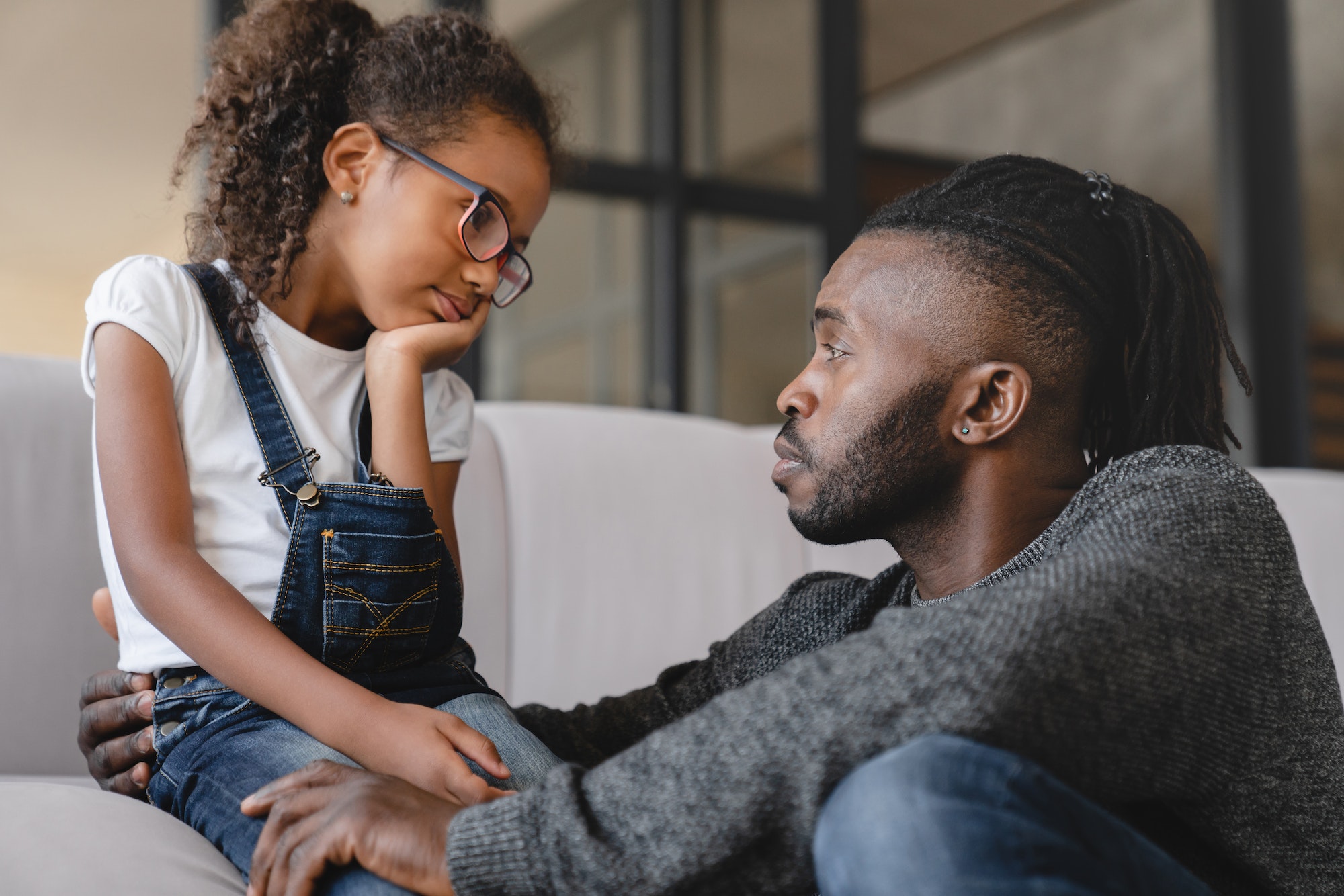Social anxiety is a persistent fear and sense of uncomfortableness in social situations. Social anxiety is quite common. A recent survey indicated that 12.1% of adults experience social anxiety at some point in their lives.
Children and adolescents also suffer from social anxiety. Unfortunately, many times parents, teachers, and other adults do not recognize the problem. They may think the child is just a little shy, or that it is a “phase” they will grow out of. Fear and avoidance of various social activities are signs of social anxiety and indicators that you should consider treatment.
Never ever think of giving up. Winners never quit and quitters never win. Take all negative words out of your mental dictionary and focus on the solutions.
Cognitive Behavior Therapy for Social Anxiety
Cognitive behavior therapy (CBT) is a type of therapy that focuses on helping the client make connections between thoughts, behavior, and feelings. CBT is a popular and effective treatment for social anxiety in children and adolescents. Children as young as 6 or 7 years old can be taught how their thoughts impact their feelings and actions. This type of therapy brings the child’s attention to their negative patterns of thinking and then guides them toward a more effective way of thinking about themselves and the world.
CBT can help a child build confidence and self-esteem. It can increase their openness to interacting with peers and adults. Learning coping skills and strategies in CBT not only helps anxiety in general, and social anxiety in particular, but is also one of the most preferred methods for treating depression. Anxiety and depression often go together. If your child is struggling with one, often the other will tend to appear as well.
Recognizing Symptoms of Social Anxiety in Children
If your child exhibits some of the following systems, you should consider reaching out to a therapist skilled in treating social anxiety in children:
- Fear of reading aloud in class, answering questions or speaking in front of the class
- Fear of meeting new kids
- Resistance to talking to other kids
- Fear of speaking to adults
- The reluctance of having friends visit
- Worry (excessively) about what others think of them
- Refusal to participate in activities in school
Symptoms in Adolescents
If you see one or more of the following systems in a teenager, should consider reaching out to a therapist skilled in treating teenagers with social anxiety:
- Keeps to him/herself
- Seems unusually quiet
- Hesitant and passive
- Overly concerned about negative judgment from peers
- Excessive fears of being embarrassed or humiliated
- Avoidance of social activities such as school dances or sporting events
- Avoids peers
- Afraid to walk into class late
- Very uncomfortable in the spotlight
Physical manifestations of social anxiety to be alert for
- Keeps his/her head down
- Displays few facial expressions
- Has nervous habits such as hair twirling or fidgeting
Social anxiety is one type of anxiety. And, anxiety is one of the most common disorders in children. Unfortunately, high anxiety in children and teens does not usually go away with maturity. However, effective and timely intervention can help.
Help is available
If you think your child or adolescent may be suffering from social anxiety the sooner your child receives help the greater the chance they have of growing into a more balanced and satisfying academic and social life. I specialize in treating anxiety in both children and adolescents. If you would like to learn more, you are welcome to call and book an appointment or fill out my contact form and click send.

